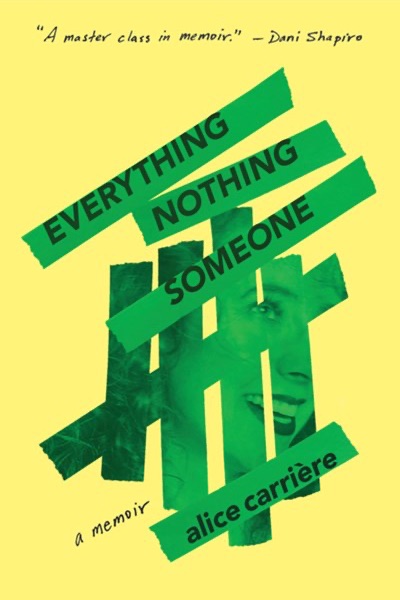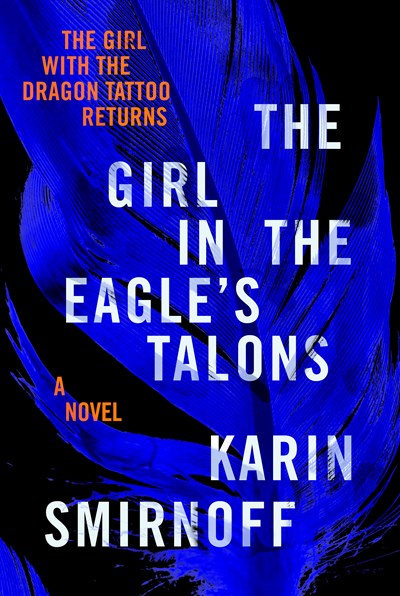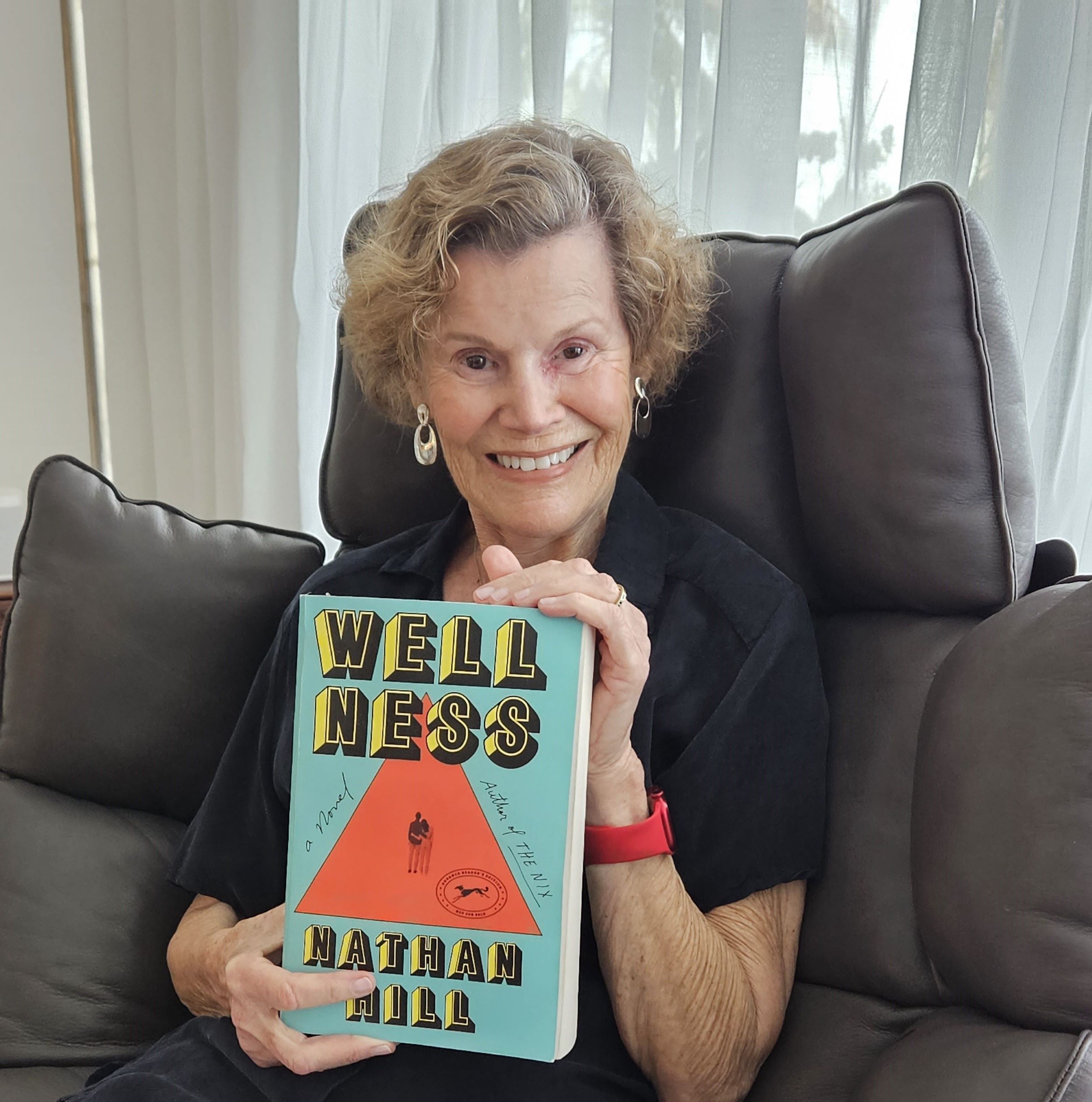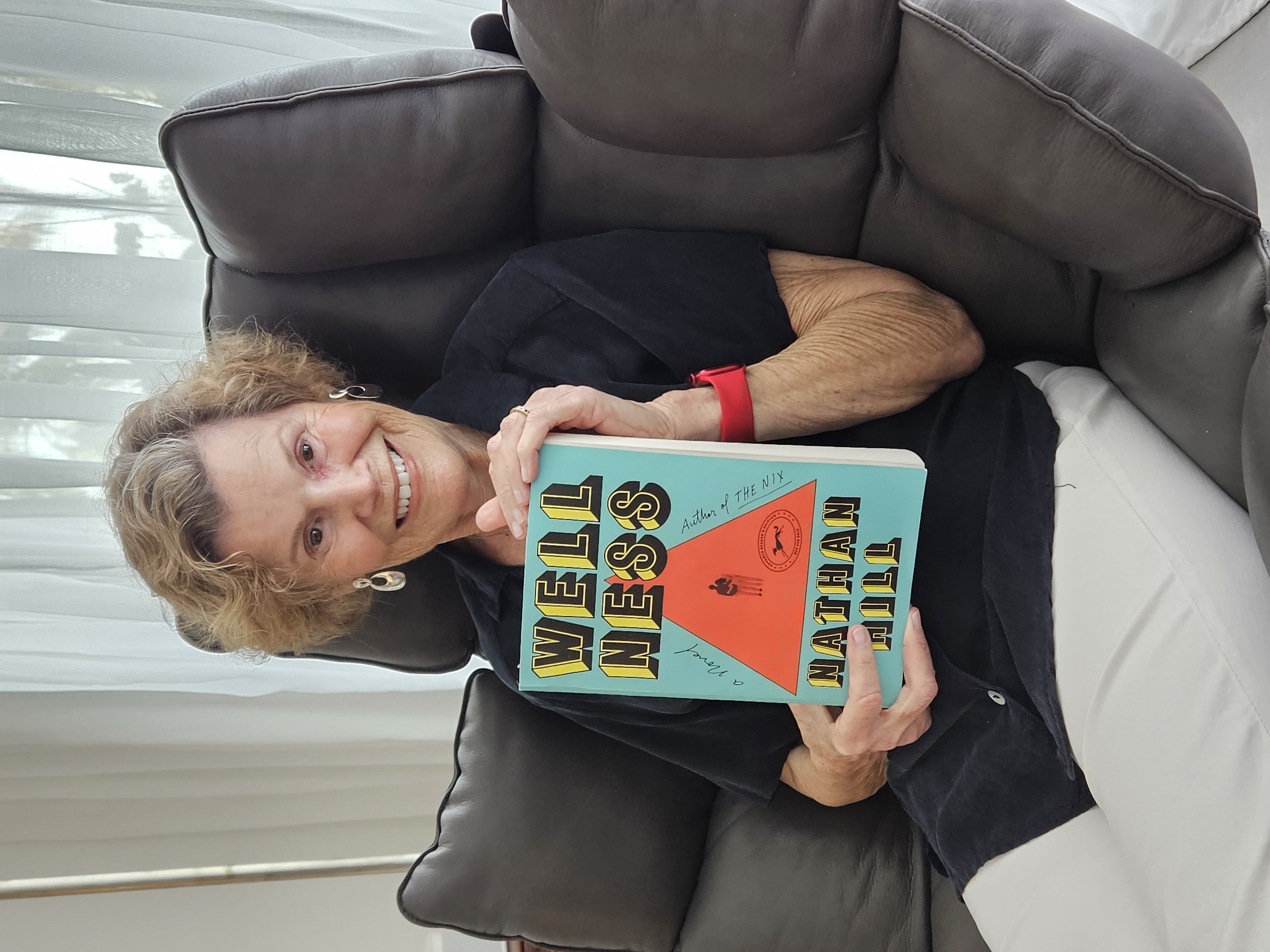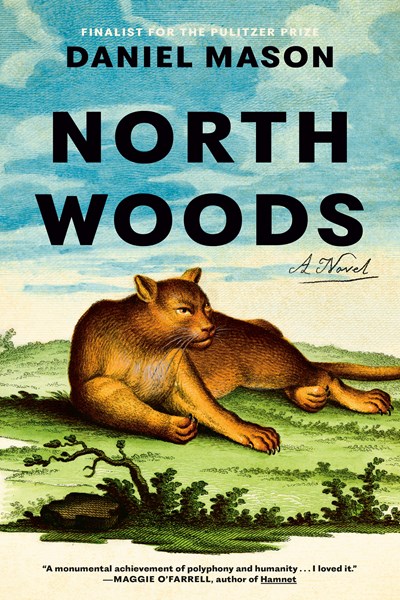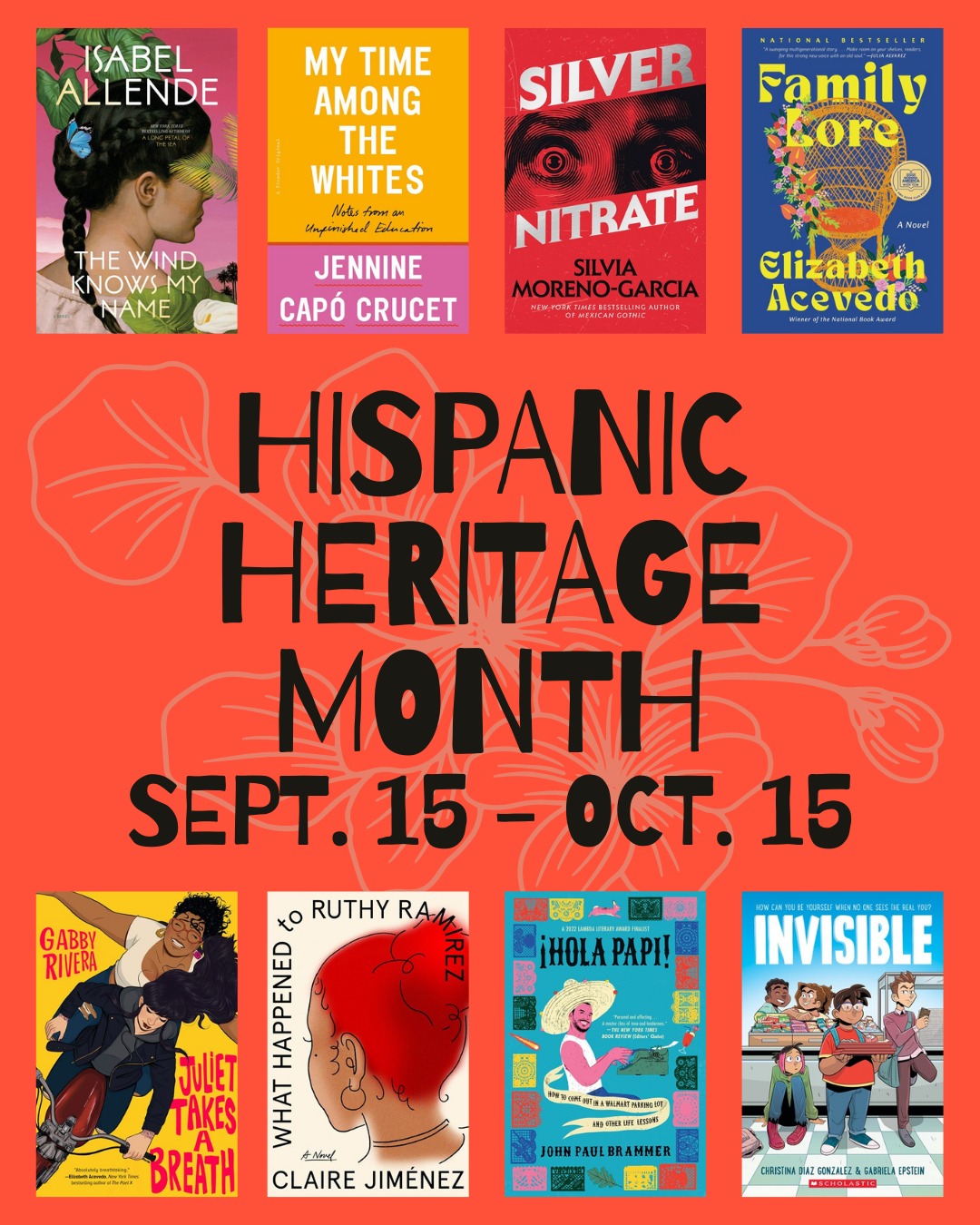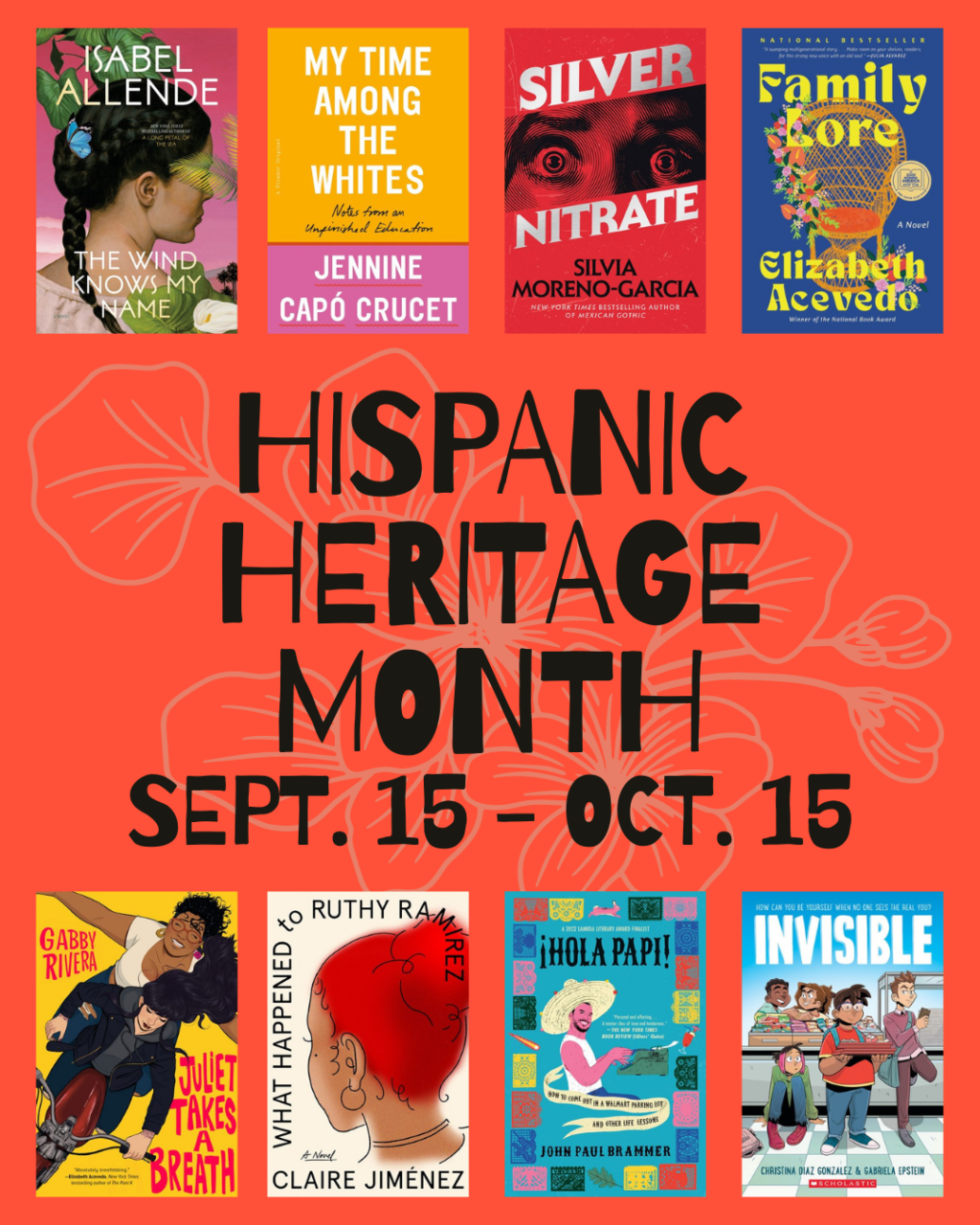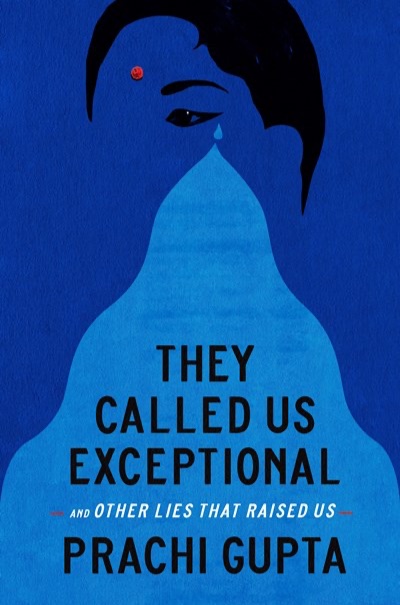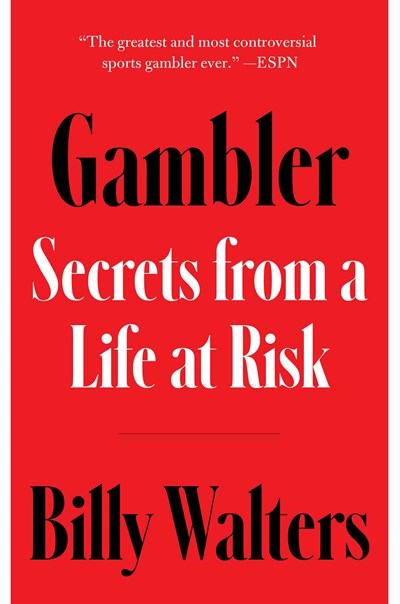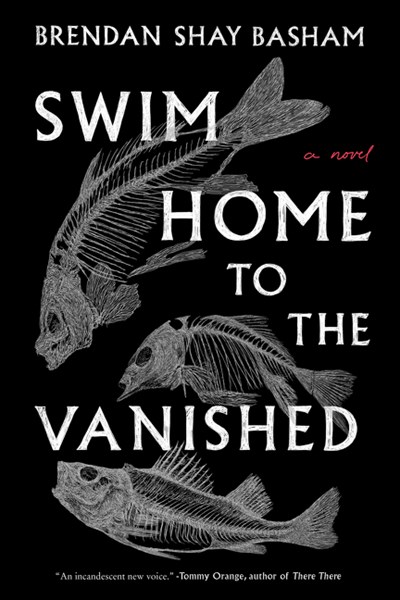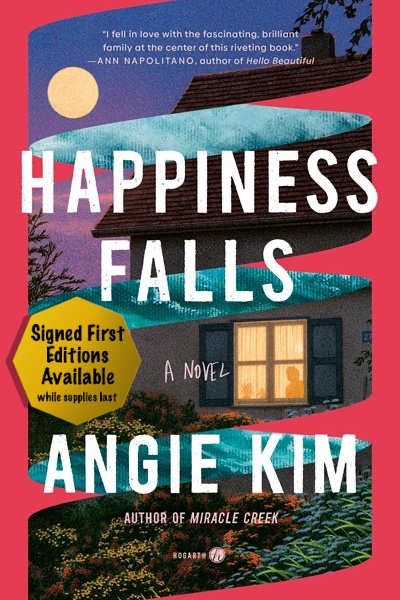
When a father goes missing, his family’s desperate search leads them to question everything they know about him and one another in this thrilling page-turner, a deeply moving portrait of a family in crisis from the award-winning author of Miracle Creek.
Finalist for the New American Voices Award • “This is a story with so many twists and turns I was riveted through the last page.”—Jodi Picoult
One of the Most Anticipated Books of the Season: The New York Times • Los Angeles Times • Oprah Quarterly • Time • St. Louis Post Dispatch • Lit Hub • Publishers Weekly • CrimeReads
“A brilliant, satisfying, compassionate mystery that is as much about language and storytelling as it is about a missing father. I loved this book.”—Gabrielle Zevin, author of Tomorrow, and Tomorrow, and Tomorrow
“I fell in love with the fascinating, brilliant family at the center of this riveting book.”—Ann Napolitano, author of Hello Beautiful
“We didn’t call the police right away.” Those are the electric first words of this extraordinary novel about a biracial Korean American family in Virginia whose lives are upended when their beloved father and husband goes missing.
Mia, the irreverent, hyperanalytical twenty-year-old daughter, has an explanation for everything—which is why she isn’t initially concerned when her father and younger brother Eugene don’t return from a walk in a nearby park. They must have lost their phone. Or stopped for an errand somewhere. But by the time Mia’s brother runs through the front door bloody and alone, it becomes clear that the father in this tight-knit family is missing and the only witness is Eugene, who has the rare genetic condition Angelman syndrome and cannot speak.
What follows is both a ticking-clock investigation into the whereabouts of a father and an emotionally rich portrait of a family whose most personal secrets just may be at the heart of his disappearance. Full of shocking twists and fascinating questions of love, language, and human connection, Happiness Falls is a mystery, a family drama, and a novel of profound philosophical inquiry. With all the powerful storytelling she brought to her award-winning debut, Miracle Creek, Angie Kim turns the missing-person story into something wholly original, creating an indelible tale of a family who must go to remarkable lengths to truly understand one another.




